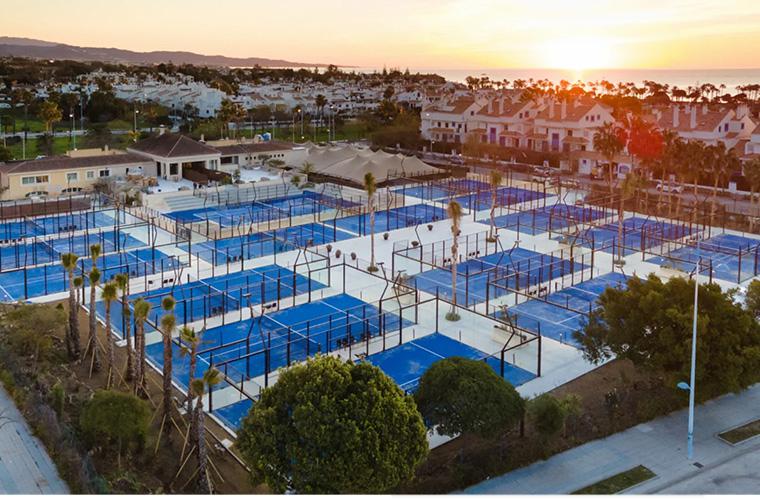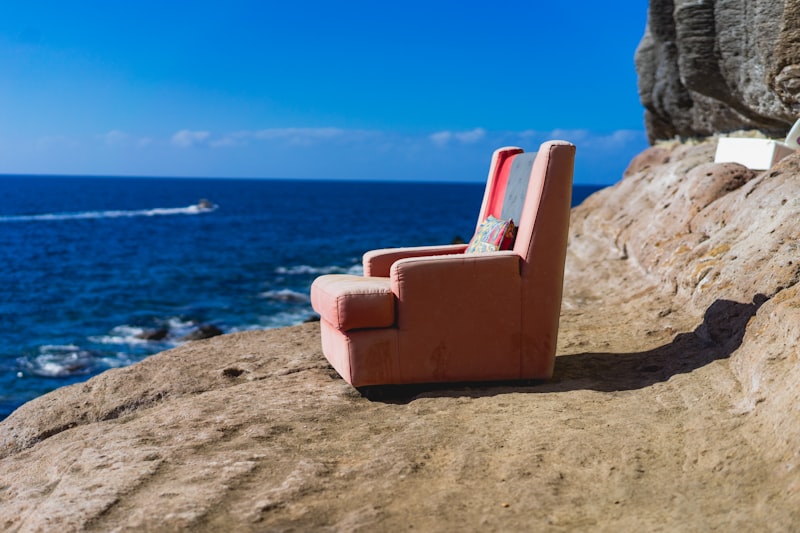Padel Camp Prices in Spain

Introduction
Padel camps in Spain combine professional coaching, social gameplay, and sunny destinations — making them ideal for players who want to improve fast while enjoying a holiday experience. Most camps offer:
- Daily training sessions (2–4 hours) focused on technique, tactics, and match play
- Top coaches, including ex-professionals and certified instructors
- Group levels from beginners to advanced competitors
- Flexible formats: weekend getaways, 4-day intensives, or full-week programs
- Locations in popular cities like Madrid, Valencia, Barcelona, Mallorca, and Alicante
- Accommodation packages with options for shared or private rooms, plus meal plans
- Extra activities: spa, beach time, local excursions, and social events

Prices range from €350 to €1,500, depending on camp length, accommodation, and group size. Discounts are often available for early bookings or group registrations.
This guide compares Spain’s top padel camps — including pricing breakdowns, training formats, locations, and what’s included — so you can choose the best fit for your skill level and travel plans.
Overview of Padel Camps in Spain
Spain is the leading destination for padel training, thanks to its world-class coaches, modern facilities, and year-round warm weather. Most camps run weekly or long-weekend programs, tailored to different skill levels — from first-time players to tournament-level athletes.
Here’s what you can expect from most Spanish padel camps:
- Training formats: Camps typically include 2–4 hours of padel per day. Sessions cover technique, tactical gameplay, and point construction. Some camps also offer fitness and mobility training.
- Group sizes: Most training is done in small groups (3–4 players per coach), with some camps offering private or semi-private lessons.
- Camp durations: Weekend (2–3 days), midweek (3–4 days), or full week (5–7 days).
- Skill levels: Camps usually separate groups by level after a short assessment or based on pre-camp questionnaires.
- Languages: English and Spanish are the most common, but many camps have multilingual staff.
- Camp extras: Many include optional yoga, massage, video analysis, beach games, or matchplay tournaments.
Spain’s popularity also means you’ll find padel camps linked to famous academies or tennis centers (like Rafa Nadal Academy), giving access to pro-level courts and coaching standards. At the same time, boutique camps in places like Valencia or Barcelona often focus more on the lifestyle and group experience.
Why Choose Spain for Padel Camps?
-
World-Class Coaches and Facilities
Spain offers access to elite academies and certified coaches who train both amateurs and professionals. Courts are high quality — often with both indoor and outdoor options, ensuring training in all weather conditions. -
Year-Round Good Weather
With over 300 sunny days per year in many regions, Spain is ideal for padel all year. Winter camps in the south (like Andalusia or Alicante) are especially popular for off-season training in mild temperatures. -
Affordable Compared to Northern Europe
Padel camps in Spain are often more affordable than in countries like Sweden, Germany, or the UK — even when you factor in flights and accommodation. Group sessions, full-board options, and early-bird discounts help keep costs down. -
Great Travel and Lifestyle Experience
Most camps are located in or near tourist destinations — like Barcelona, Madrid, Valencia, or Mallorca. You can combine padel training with beach time, food tours, or cultural excursions. -
All Levels Welcome
Whether you're a complete beginner or a competitive player, there’s a camp for you. Spain has a wide range of camps with structured level groups, including women-only, senior, and family-friendly options.
Padel Camp Pricing
Prices for padel camps in Spain vary based on the city, length of stay, group size, accommodation type, and extras like meals or excursions. Here's a clear breakdown to help you plan your budget:
- Madrid & Barcelona: €700–€1,300 (top academies, central locations)
- Valencia: €600–€1,000 (popular for sea-side, lifestyle-focused camps)
- Mallorca: €900–€1,500 (premium camps like Rafa Nadal Academy)
- Alicante & Costa Blanca: €500–€950 (many affordable group packages)
- Marbella & Malaga: €700–€1,200 (luxury lifestyle and training mix)
Top Padel Camp Providers
-
M3 Padel Academy — Madrid
Camp formats: Weekend and full-week programs
Accommodation: Optional (nearby hotels or Airbnbs recommended)
Highlights: Professional-level coaching, central location, access to indoor and outdoor courts -
Ferrero Padel Academy — Alicante
Camp formats: Week-long programs
Accommodation: Included on campus
Highlights: Quiet, focused environment in a tennis-padel hybrid academy; ideal for technique improvement -
Rafa Nadal Academy — Mallorca
Camp formats: 4–7 day packages
Accommodation: Included in a luxury athlete residence
Highlights: Premium facilities, full-board options, fitness center, swimming pool, wellness center -
Valencia Tennis Academy — Valencia
Camp formats: Weekend and full-week programs
Accommodation: Optional (variety of partner hotels)
Highlights: Flexible formats, urban location, popular for its balance of training and lifestyle activities -
The Padel Circle — Barcelona
Camp formats: 3 to 5 days
Accommodation: Included in shared or private rooms
Highlights: Boutique experience, strong social element, includes activities like dinners and city tours
Accommodation Options
Most padel camps in Spain offer accommodation packages, but not all. Understanding the setup helps you plan your stay more efficiently — especially if you’re traveling solo or with a group.
Onsite vs Offsite Accommodation
Onsite:
Some academies (like Rafa Nadal or Ferrero) include accommodation on campus. This is convenient for players who prefer to stay close to training courts and enjoy full-board meals, gyms, and wellness areas.
Offsite:
Camps in cities like Madrid, Valencia, or Barcelona often work with partner hotels or let participants book independently. This gives you more flexibility and often cheaper prices, especially if using Airbnb or booking.com.
Meal Plans and Facilities
- Included Meals: Some camps (e.g. full-board options in Mallorca or Alicante) include 2–3 meals per day, usually Mediterranean-style and designed for athletes.
- Self-Catering: In urban locations, players often eat out or cook at Airbnbs.
- Onsite Facilities: Most onsite stays offer laundry, Wi-Fi, relaxation zones, pools, and sometimes spa or massage areas.
Tip: Check if the camp provides transportation between accommodation and courts if they’re not in the same location.
Contact and Booking Information
How to Reserve Your Spot
- Choose your camp based on location, price, and training format.
- Check available dates — many camps fill up 1–2 months in advance, especially during holidays.
- Book directly via the provider’s website or email. Most camps require a deposit (20–50%).
- Confirm accommodation if not included. Ask the camp for nearby hotel or Airbnb recommendations.
- Review cancellation terms before paying — policies vary.




